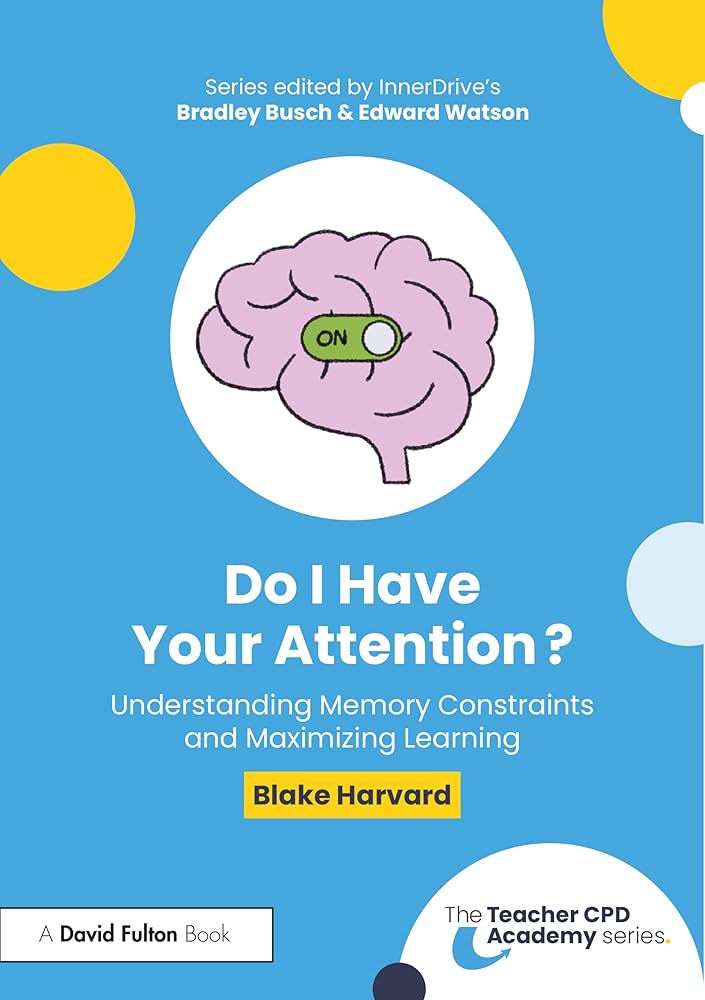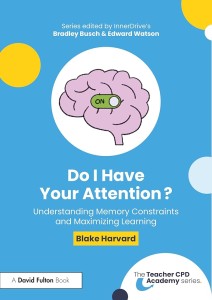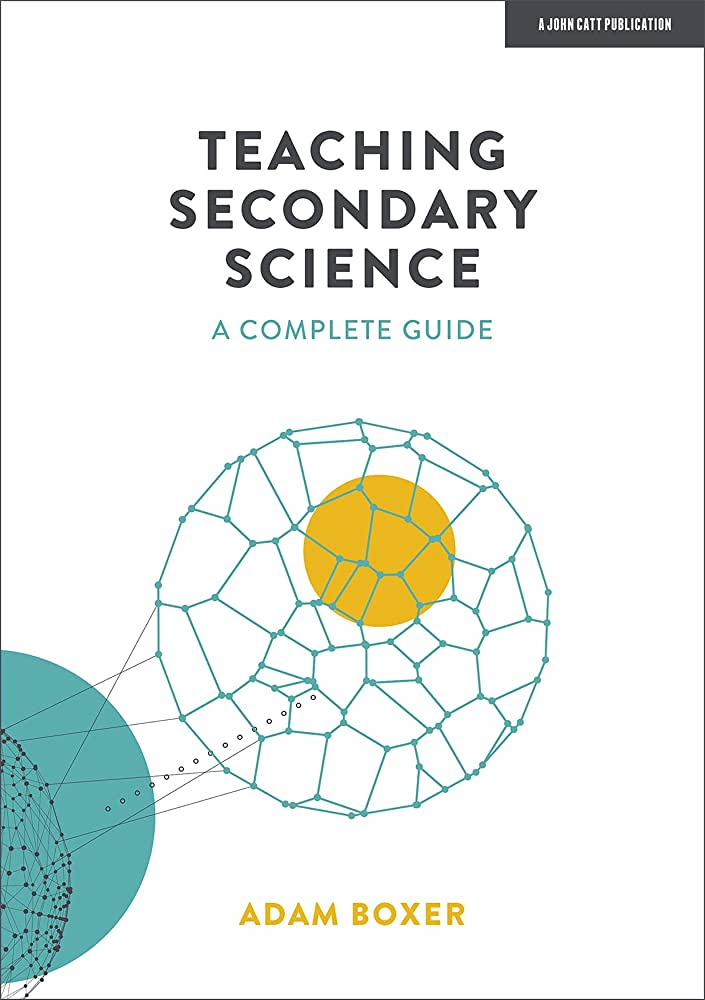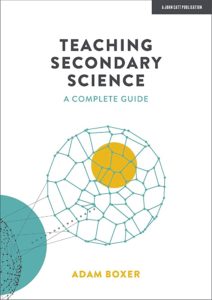When a conference speaker announces that “a student’s emotions matter for their learning,” few teachers rock back in surprise. OF COURSE emotions matter for learning. Who would have thought otherwise?
At the same time, we’re probably curious to know how emotions influence learning.
In fact, once we ask that question, some sense of surprise might start to creep in. After all, the word “learning” falls squarely in the realm of cognition. And the word “emotion” sounds much more like … well … emotion.
Aren’t cognition and emotion two different sets of mental processes? If they are, how does one affect the other?
Here’s where research can be really helpful, if we read it carefully.
One of the best known (and most misunderstood) insights in this field comes from LatB regular Mary Helen Immordino-Yang:
“It is literally neurobiologically impossible to think deeply about things that you don’t care about.”
Why? Because — in the words of a recent study led by Benjamin Hawthorne — “the brain mechanisms that give rise to conscious emotions are not fundamentally different from those that give rise to cognition.”
In other word: the parts of your brain that do the emotional work also do the thinking work. Yes, LOTS of the same neural networks operate in both processes. These two seemingly “different sets of mental processes” share very substantial plots of neural real estate. (I will, by the way, come back to the misunderstanding of Dr. Immordino-Yang’s quotation at the end of this post.)
So, STEP ONE in this multi-step argument: “students’ emotions influence their learning because — at the neurobiological level — ’emotion’ and ‘cognition’ overlap.
Step Two
With this neuroscience understanding of the cognition/emotion relationship established, let’s turn to psychology. What mental processes might explain this relationship?
One potential answer: WORKING MEMORY (often abbreviated as WM). If emotions — positive or negative — have an effect on WM, then we can easily understand how those emotions affect learning.
This hypothesis is at the heart of that recent study, led by Dr. Hawthorne, that I quoted a few paragraphs ago.
Hawthorne’s team explored this question through the concept of “cognitive load theory.” The full theory is too complicated to review here, but the headlines are straightforward:
- Students who can manage a WM task are facing an appropriate cognitive load.
- When that cognitive load becomes excessive, then they experience WM overload.
Team Hawthorne hypothesized that:
- negative emotions (or what the researchers call ‘painful’ emotions) might increase cognitive load, and thus result in WM overload. Result: less learning.
- positive emotions might reduce cognitive load, and thus make WM overload less likely. Result: same (or more) learning.
Because they have this cognitive load theory framework (often abbreviated as CLT), they can rely on all the tools and surveys that CLT uses.
What Students Did; What Reseachers Learned
To pursue this line of inquiry, Hawthorne and his team followed a straightforward plan.
Roughly 350 students — 11 to 15 year olds in Australian schools — went through this process during their math class. In brief, they…
… watched videos teaching increasingly complicated algebra processes (that is: their cognitive load increased over time),
… rated their own experience of cognitive load for each problem,
… rated their positive and negative emotions, and
… took a final test, to see how well they learned the algebra processes.
When Team Hawthorne put all these data into the appropriate graphs and charts, they arrived at an interesting pair of results.
First:
Yes, negative emotions add to the students’ perceived cognitive load. Result: less learning.
Second:
But: positive emotions had no effect on their perceived cognitive load — although happier students did learn more.
And so, third:
Hawthorne’s team speculates that positive emotions might help cognition via another mental process … such as motivation.
What’s a Teacher to Do?
Given these results, we might reasonably ask: “so what? What can we do with these findings?”
Good questions. I have tentative answers.
First: we now have good reasons from two distinct scientific disciplines — neuroscience and psychology — to argue that emotion and cognition aren’t different categories: they overlap a lot.
Second: we know that students experiencing more negative emotion ALSO experience more cognitive load. Potential result: less learning.
Third: because of ambiguity in the study’s language, we can’t say if the negative emotions led to the higher cognitive load, or if the higher load led to negative emotions. (Because the study measured students’ emotions only once, we can’t know if the answer is “both.”)
For that reason, I think we need a rough-n-ready, flexible set of classroom responses.
- If I see my students are upset, I can predict their WM might be reduced; I’ll need to simplify instruction for a while.
- If I see my students’ just can’t get their WM in gear right now, I might wonder if there’s some emotional complexity underlying the problem. So: I should check out that hunch.
Neither of these suggestions is revolutionary, but they do let me think through the two-way relationship between negative emotion and WM.
A Two-Way Street
A few hundred words ago, I wrote that Dr. Immordino-Yang’s well-know quotation is widely misunderstood. When she says:
“It is literally neurobiologically impossible to think deeply about things that you don’t care about.”
Many people hear:
“And therefore we have to start by getting students to CARE about things, because otherwise they won’t learn about them.
In other words: students’ EMOTIONS preceed their COGNITION.”
But that conclusion a) violates the research we’ve been looking at, and b) doesn’t follow logically from the original statement. Let’s try another example:
“It is literally biomechanically impossible to walk (normally) without using your ankle joints.”
We should not, I think, extend this statement to say:
“We have to start by getting walkers to focus on their ANKLES, because otherwise they can’t walk.”
The sentence really means: “ankles are an essential sub-component of the walking process. They are one of many body parts that we should be aware of as we’re teaching walkers.”
So too, I think, Dr. Immordino-Yang’s statement means: “emotion and cognition always work together. Rather than prioritize one over the other, we should be aware of their intricate interactions as we make moment-by-moment teaching decisions.”
In other words:
Yes, of course, my emotional state influences my ability to think effectively. If I’m stressed and unhappy, I might well struggle to figure out whatever academic problem faces me.
AND
Yes, of course, my ability to think effectively influences my emotional state. If I accomplish a difficult thinking task — like, say, learning a complex algebra process — I might well feel less bad and more good.
The title of this blog post asks: “how do emotions affect learning.”
I hope I’ve persuaded you that the answer is: “don’t rely on people who offer a simple answer to that question. Emotion and cognition overlap substantially, and we must keep that overlap in mind as we think our way through leading schools and classrooms.”
And also: “at a minimum, we have good reason to think that negative/painful emotions complicate working memory. No wonder they’re bad for learning!”
Hawthorne, B. S., Slemp, G. R., Vella-Brodrick, D. A., & Hattie, J. (2025). The relationship between positive and painful emotions and cognitive load during an algebra learning task. Learning and Individual Differences, 117, 102597.












![Overwhelmed Teachers: The Working-Memory Story (Part II) [Updated with Link]](https://www.learningandthebrain.com/blog/wp-content/uploads/2024/01/AdobeStock_328789964-1024x683.jpeg)






